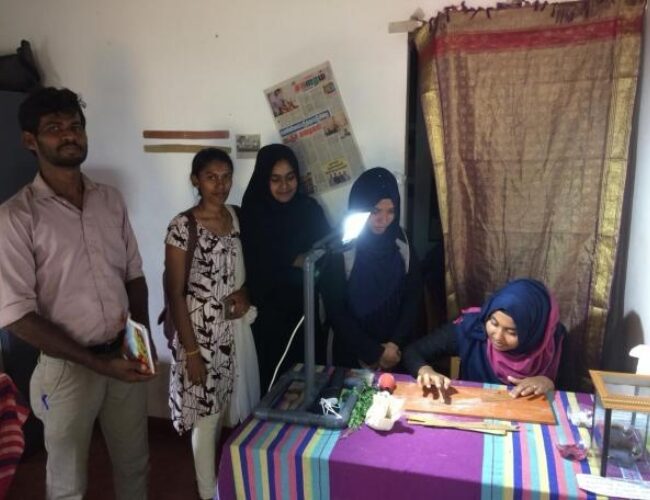Sri Lanka’s traditional knowledge has been historically recorded on palm-leaf manuscripts. These manuscripts are now primarily held by individuals, traditional medical and religious centres, and libraries. The political unrest puts the manuscript in danger. These sources must be preserved to ensure the manuscripts are available for future generations.

In Northern Sri Lanka, most of the traditional knowledge is preserved and passed on through oral traditions and through palm leaf manuscripts. A distinct body of literature focusing on traditional medicine, mathematics, astronomical observations, astrology, arts, folklore, local history, customs and laws existed from the 13th century. Jaffna and surrounding areas were a focal point of intellectual activity during the 19th century, with record number of works being authored. These works are a source of cultural identity and heritage in the region.
The continuous political unrest in northern Sri Lanka, combined with the poor preservation, the unsuitable storage facilities and the lack of knowledge to transcribe the materials, put the material at great risk. Owners of the material are not aware of their value and tend to discard the decaying manuscripts.
Noolaham Foundation has been active in the territory since 2005 and has progressively built a digital archive of Sri Lankan print documents. This project represents an expansion of the Foundation’s scope to manuscripts. This pilot survey project conducted over 150 field visits. 49 collections were identified, of which 21 were digitised and described. A major digitisation project started in 2019 is aiming to digitise the remaining manuscripts.
